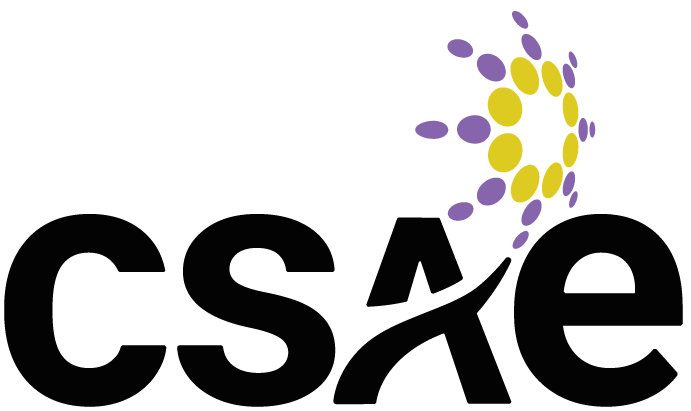Planning to Run a Vote Online? Here’s What You Should Know

Four best practices to make online voting easier and more effective.
Associations depend on elections and other kinds of voting activities. Board members must be elected, bylaws amended and financials ratified. However, it’s not always easy for associations to conduct these votes.
It can be quite costly and time-consuming for associations to plan in-person votes. Mailing ballots to the membership is also a labour-intensive activity. And, even after putting in a lot of work, the end result may be low voter turnout.
However, by paying attention to these best practices, associations can help their membership cast votes in order to get an accurate and fair result.
1. Create and execute a strategy for getting the vote out
Most associations devote significant operational resources to planning and conducting a voting event. Since there is so much work to be done to ensure everything goes flawlessly, elections and other votes are typically all-hands-on-deck situations.
However, it’s crucial to have an outreach strategy so that your membership is actually aware that the vote is taking place. Time must be put into developing and then executing a communications strategy that not only explains how to vote, but why to vote, too.
Typically, social media and email both play a powerful role in any communications strategy. However, email presents its own challenges in terms of tracking engagement while conforming to Canada’s privacy regulations.
2. Online forms are not the same as a voting platform
Associations have traditionally relied on paper-based voting. Paper voting events are easier to understand for staff and voters alike but setting up such votes can take a lot of time, and there’s no guarantee everyone in your association will vote.
To get around these problems, some associations are experimenting with online voting. Online voting is different than using an online form or web-based survey tool. Notably, online voting is confidential and secure and provides specific voting management tools, such as the ability to determine who has not yet voted (but not how they voted) in order to send out voting reminders and ensure the highest voter participation.
As well, an ideal online voting solution allows your voters to easily access their ballots from anywhere, on any device. It should provide strong voter authentication, ensuring that only those eligible to vote get a chance to participate.
3. Make sure your organization protects privacy
Thanks to the near-ubiquitous presence of social media in daily life, there is a growing awareness of and demand for data protection by the Canadian public. While privacy laws vary from province to province, there is a movement in Canada to toughen personal data protection in the next few years. Associations should be prepared.
To get ahead of the curve and protect the privacy of your members, observe the following general principles of data protection and privacy when conducting an online vote:
- Always tell people why you are asking for personal data and what you are going to do with it
- Only ask for the personal data that you actually need
- Always get consent before sending out mass emails
- If you choose to go down the route of online voting, use a platform that complies with Canada’s privacy regulations.
For reasons of privacy and data protection, popular consumer products such as Google Forms and Survey Monkey are not a great choice of online voting solutions for Canadian associations. These US-based cloud services typically store personal information outside of Canada and it can be very difficult to ensure the privacy of your voters and association members.
4. Get help with planning or conducting your vote
Planning and executing a seamless election take a lot of operational capacity that associations often cannot spare. When planning a paper-based or online vote, look for a voting provider who can help take some of the responsibility off your plate. Duties such as election planning, strategic communications with voters, or voting day troubleshooting can all be handled by a voting provider.




















